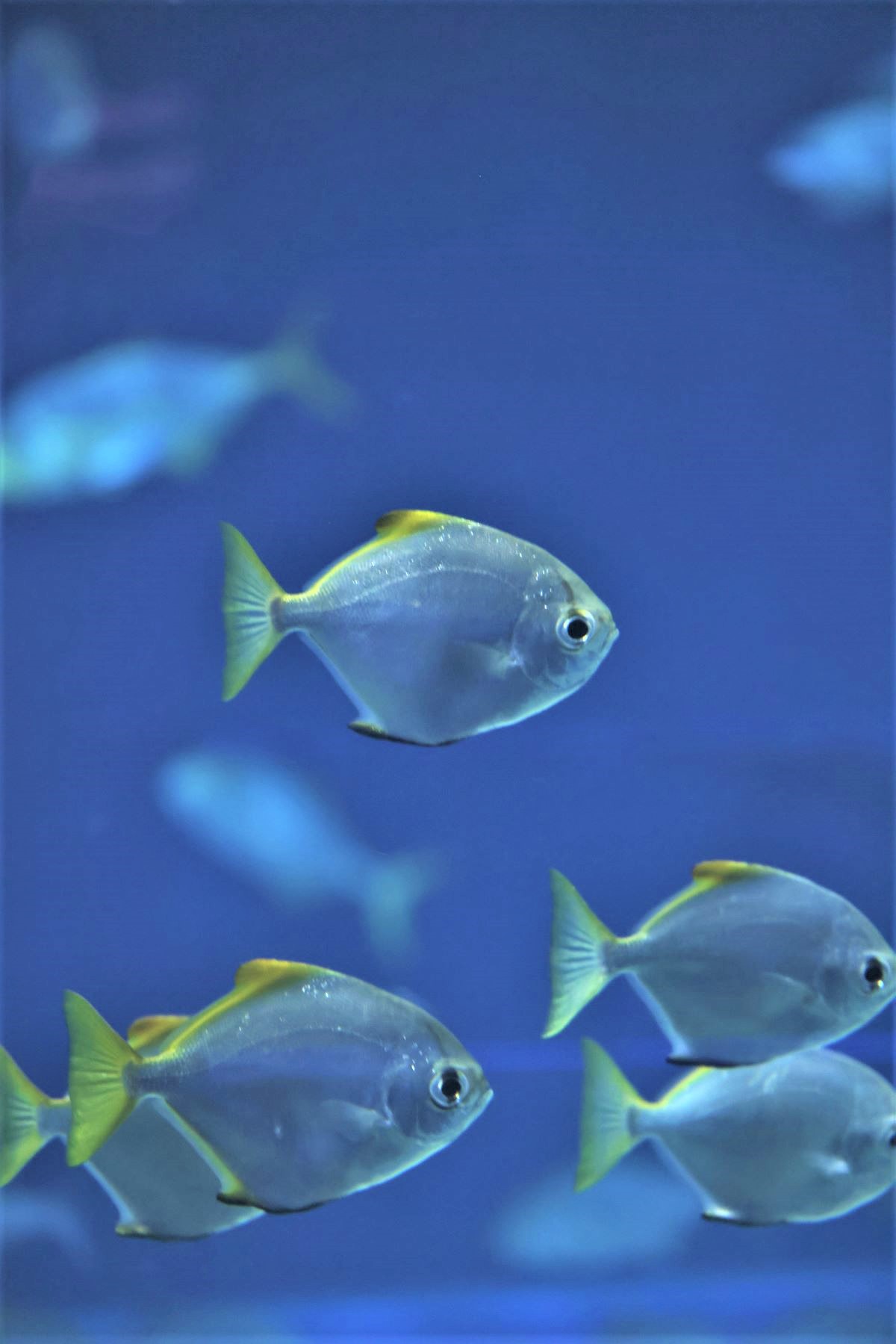The President of the Pacific Science Association (PSA) Professor Yonglong Lyu came to the Primorsky Aquarium on March 21 on an official visit. He was invited by the Far-Eastern Branch of the Russian Academy of Sciences (FEB RAS) to take part in the National PSA Committee meeting.
Professor Yonglong Lyu was interested first of all in the scientific research conducted here. The Director of the Primorsky Aquarium Olga Shevchenko took the guest of honor around the laboratories of the Shared Equipment Facility (SEF) and introduced him to a variety of ongoing fundamental and applied research in marine biology.

Olga Shevchenko told the guest about the studies of seasonal and long-term dynamics of phytoplankton communities and chemical parameters of the coastal waters off Russkiy Island aimed at evaluating the health of marine ecosystems in the area; about molecular genetic techniques used to identify sex in Humboldt penguins Spheniscus gumboldti; and about cytological and histochemical tissue studies. Professor Yonglong Lyu also visited the Marine Mammal Physiology Lab that has recently finished a project on taking and processing images of all types of blood cells from the peripheral blood of the beluga whales, the Baikal seals, the common bottlenose dolphins, the Pacific white-sided dolphin and the spotted seals.

Andrei Grinchenko, Head of the Young Scientist Biotechnology and Molecular Bioengineering Lab, invited the PSA President to take a look at the studies of bivalve immunity issues and at the test systems to assess bivalves’ health that are being developed here.
“We use different approaches and analyze both humoral immunity factors and cellular immunity factors,” said Andrei Grinchenko. “Together with Yulia Sokolnikova and other colleagues from the Aquarium and the NSCMB FEB RAS, we evaluate a range of immunity parameters in mollusks and compare them between the areas the mollusks were taken from.”
Professor Yonglong Lyu commended the Primorsky Aquarium Shared Research Facility on its state-of-the-art equipment and the work of its young scientists.

The PSA President also looked around the exhibits and watched the demonstration of marine mammals’ skills in the Dolphinarium. At the end of the visit, he deeply thanked the Primorsky Aquarium’s administration for their warm hospitality and wished this institution further development as a center of gravity for young scientists from all over the region.
General information:
Founded in 1920, the Pacific Science Association (PSA) is a regional, non-governmental, scholarly organization that seeks to advance science and technology in support of sustainable development in the Asia-Pacific. Its geographic scope includes dozens of countries and islands within and bordering the Pacific Ocean. PSA’s mission is to facilitate collaboration around the Asia-Pacific region, with a focus on key scientific issues and problems, particularly improving the welfare of the region’s peoples and promoting peace and friendship between them. Russia is one of the member states and has a standing National PSA Committee supervised by the Russian Academy of Sciences’ Presidium.




.jpg)
